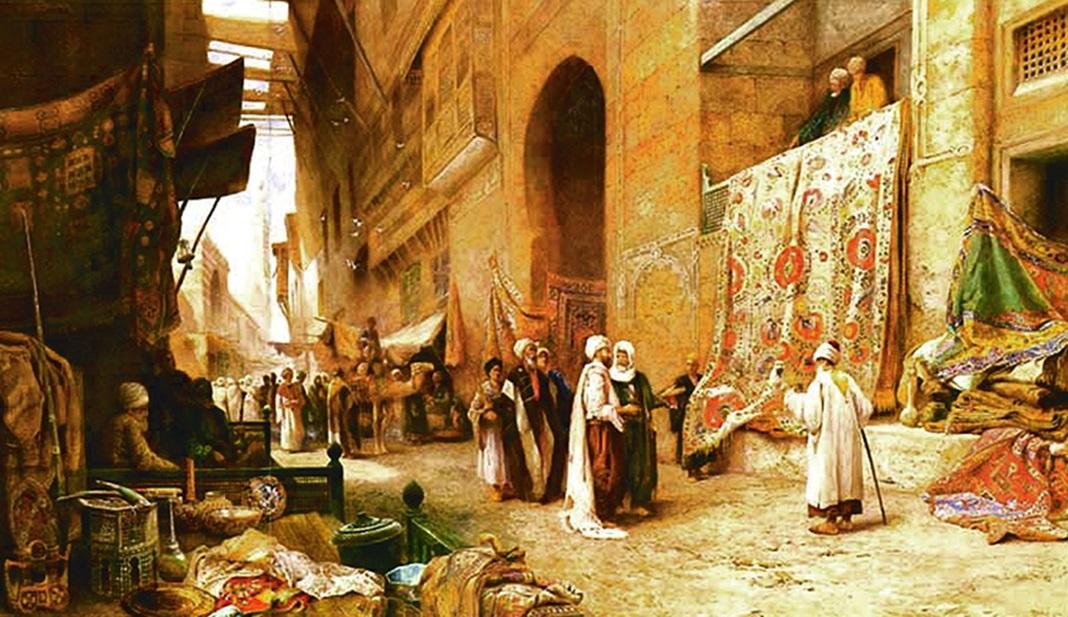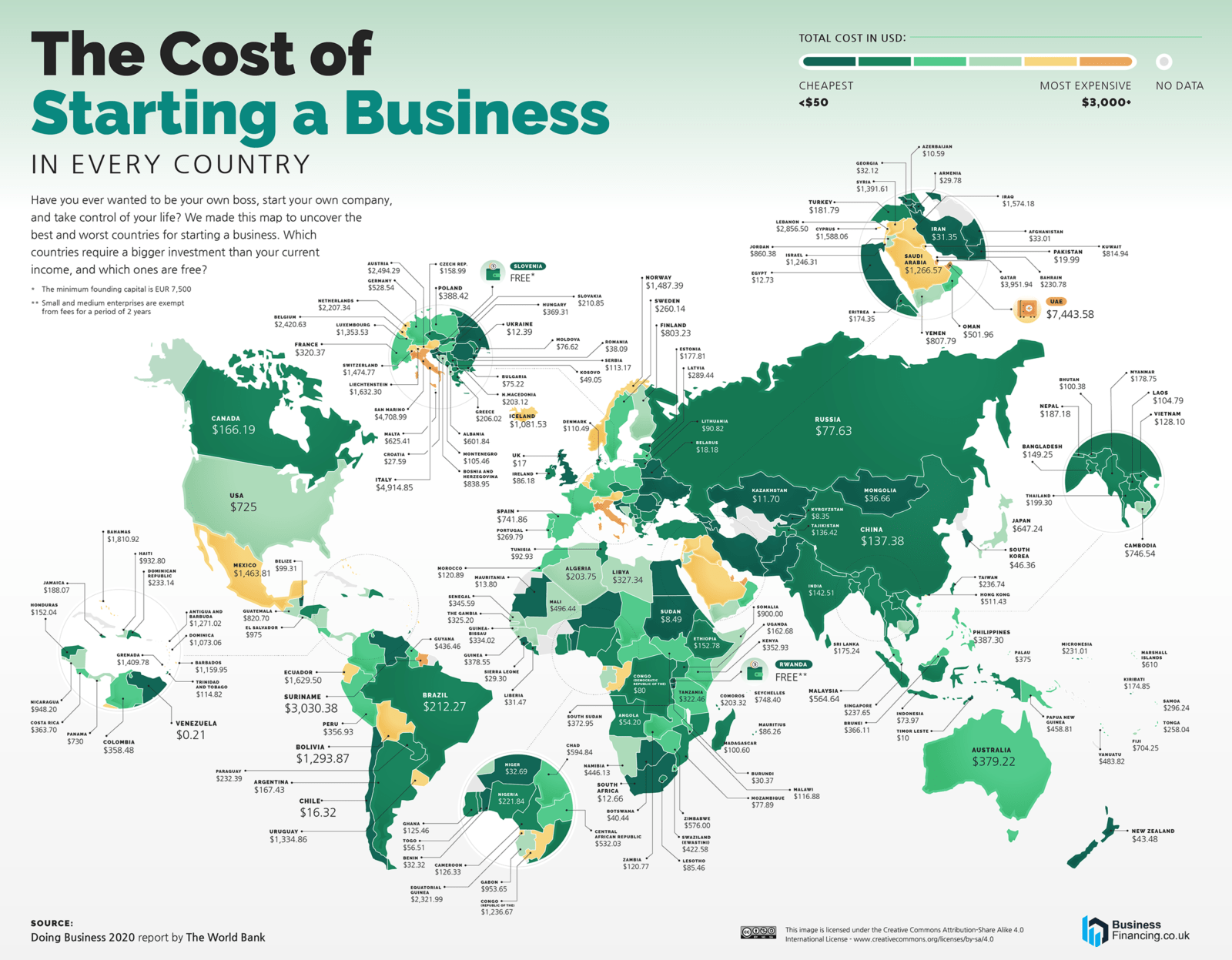Islam revolutionized the lives of the people in the middle ages by discouraging involuntary and slave labour and substituting it by free labour.
The Prophet ﷺ firmly opposed the practice of putting a labourer to work without settling beforehand his wages or the terms of his labour.1 He exhorted his people to “pay the labourer’s wages before his sweat gets dried.”2
Now, slave labour means restricted internal market, lack of incentive for the worker, stagnation of economic relations and technical retardation. By substituting free labour for slave labour, Islam opened enormous possibilities for the development of technique and progress in art and industries.
The position of workers underwent a great change in Islamic lands. In the Roman world as well as in all other lands of antique civilization, the ruling classes hated all productive labour and looked upon industry and trade as highly undignified.
Plato pictures a Utopian community in his Republic and divides it into three sharply differentiated classes, endowing each with some imaginary ‘metallic” quality — such as Guardians with a golden cast of mind to govern; auxiliaries with an admixture of silver to fight; and finally workers sharing in the base metals to do the work of society and obey.
Aristotle writes: “The best form of State will not admit them (the artisans) to citizenship.”3 He, therefore, advises people: “certainly the good man… and the good citizen ought not to learn the crafts of the inferiors except for their own occasional use; if they habitually practise them, there will cease to be distinction between master and slave.”4
The Prophet of Islam ﷺ declared that those who earned their bread with the sweat of their brow were loved by God and unequivocally condemned the parasites. Madinah, under him, became a working class republic in which the enslaved and the much despised worker was enfranchised and elevated.
It provided a unique incentive to the workers and the artisans set to improve the technique of their trades and develop their industries. Production increased and the need for larger and better markets was felt. The entire Islamic world was now one huge market for the merchants. The taxes were lighter and there was more security of life and property in Islamic lands than in the Roman or the Sassanid realms.
In the Roman world, the ruling classes hated all productive labour and looked upon industry and trade as highly undignified.
The northern routes of trade with China, which passed through Constantinople to Italy and other countries of western Europe, had become extremely risky and unsafe owing to the Scythian inroads and the ruinous fiscal policy of the Byzantine Empire. After their conquest of Syria, Mesopotamia, Persia and the territories across the Oxus, the Arabs captured the Chinese trade and diverted it to pass through their territories in North Africa and Spain, which connected it with the markets of Western Europe.
Between the 8th and the 11th centuries the entire trade between India and China on the one hand and Europe on the other was in the hands of the Muslims. The enfranchisement of the workers and the artisans was ultimately responsible for this feverish economic activity all over the Islamic world.
Excerpted from Some Aspects Of Religion And Politics In India During The 13th Century by K. A. Nizami
References:
1 and 2. Sunan aUKubra, Baihaqi, Chapter on Ijara, pp. 12-73. See also Bukhari’s Chapter on Ijara.
3. Politics, III, p. 31278 as quoted by F.W. Walbank, The decline of the Roman Empire in the West, p. 24.
4. As cited by Walbank, p. 25.
Cicero considered traders and manual workers as base, menial, contemptible, degrading.
Limited free articles. Subscribe for full access.








 Dr. Bilal Philips
Dr. Bilal Philips